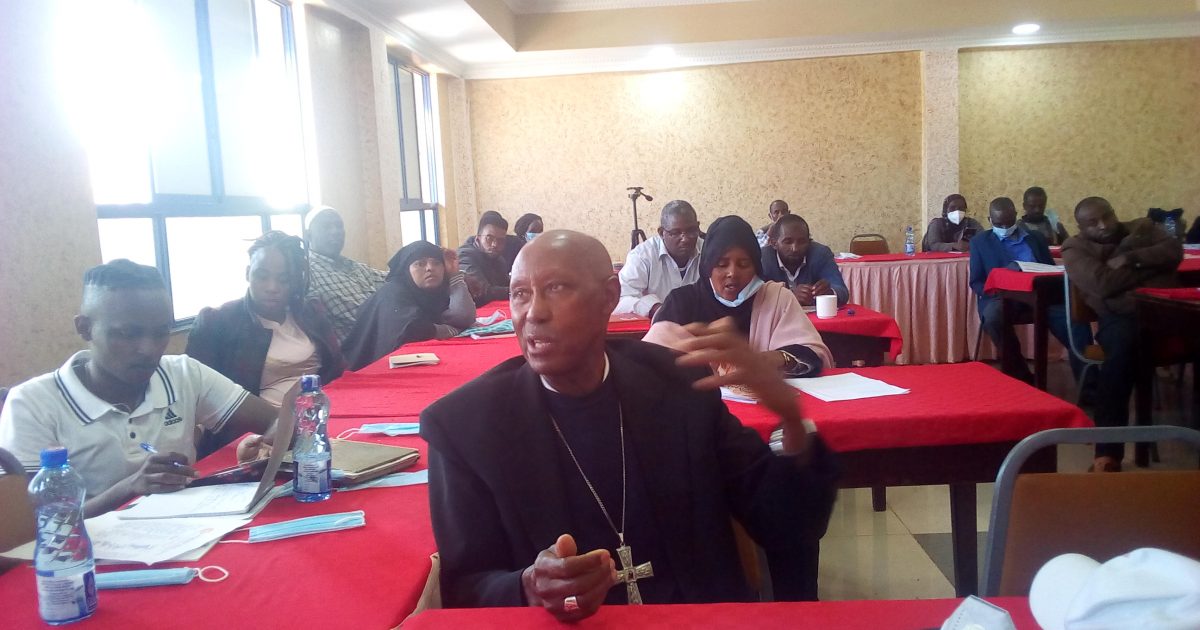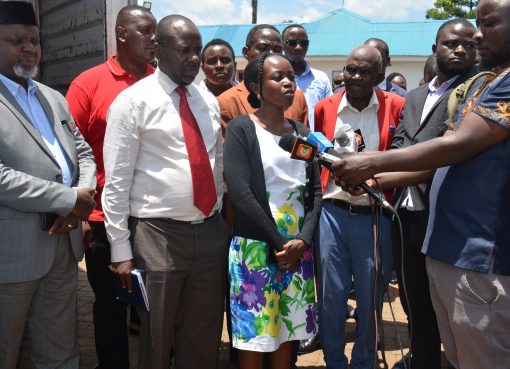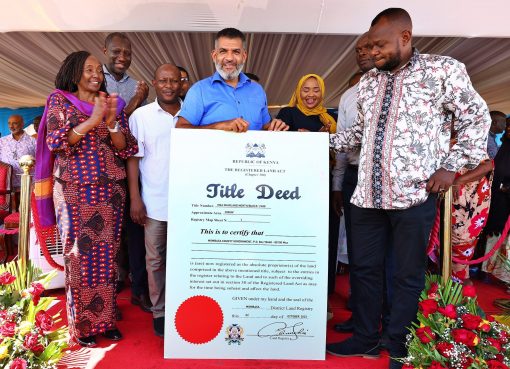An aggressive campaign by the Kenya National Commission on Human Rights (KNCHR) to create awareness on the plight of intersex persons is in progress countrywide.
Consequently, intersex persons now want the government to protect them against any form of abuse and harassment from insensitive members of the public.
In a one-day awareness creation meeting for stakeholders organized by KNCHR and the Intersex Persons Implementation Coordination Committee (IPICC) secretariat at the Nomads Trail Hotel, Marsabit Catholic Diocese Bishop Peter Kihara asked communities to recognize the existence of intersex persons born and living amidst them, while striving to make them live a normal life.
Bishop Kihara pointed out that the group largely lives in isolation, as the culture of local communities is riddled with myths and other realisms of discrimination, which do not support existence of persons born with such sexual distortions.
The cleric further called on both the national assembly and the senate to pass a bill currently before them, in a bid enable the intersex group be identified as the third sex in the country.
He underlined that persons living in that condition faced a lot of stigma, which made it difficult for them to access basic services and needs as the society does not accept them.
The forum on the rights of intersex persons heard how people living in that condition are harassed as they sought services and employment, with some being asked to undress so that the prospective employers could ascertain their sexual category.
Bishop Kihara asked the relevant government departments, especially that of gender, to be tasked with the task of widening the scope of engagement and entrenching the awareness campaign to the grassroots.
He termed the sensitization meeting as timely and asked stakeholders to execute it in order to rescue the group which he said was suffering in silence. “This group, just as is the case with people living with disabilities, also have a right to live a normal life and should be rescued,” he said.
In the last national population and housing census, Marsabit recorded 18 cases of intersex persons out of 1, 524 cases captured countrywide.
The figure is projected to be higher because many of the intersex persons reportedly shied away from participating in the exercise due to the conservative nature of local communities and the stigma attached to such birth formations.
Sharon Ngenu, an intersex person from Kiambu county advised parents against undertaking surgery on intersex children, but to instead allow the dominant gender to manifest on its own.
Ngenu narrated how she was forced to undergo surgery eight times and to use estrogens for 21 years to firm the female sex organ only for the male one to evolve as the dominant.
“The hormonal estrogens that I have taken for this long has resulted in many health complications including loss of appetite,” she said, adding that cultivating a relationship has been also a challenge as peers just want to examine his make-up.
Gloria Luhunga who has since managed to secure a job as a research assistant with IPCC secretariat narrated how he was forced to spend a night at the police booking office as the officers did not have a cell for suspects in his condition.
Luhunga said that police officers who had arrested him for flouting curfew rules wanted him taken to a toilet so that she could be inspected to determine the gender, which she declined.
“It took the intervention of the station commander for me to be allowed to spend the night at the booking office before I was released in the morning,” she said.
A legal officer with KNCHR, Adan Dalacha, said the number of intersex persons in Marsabit and the country in general is higher than that captured in the census and that legal registration to protect the interest for intersex persons was necessary.
Dalacha called on the media to acknowledge and appreciate the intersex gender by highlighting their plight and existence to enable them to live normal lives.
He said that much progress has been made towards addressing issues affecting intersex persons, including adding that an eye-mark for the gender in national identification cards and other crucial documents like academic certificates.
Mr Dalacha further appealed to intersex persons still living in denial to come forward so that they can be assisted.
Kenya is the first African nation and the second in the world after New Zealand to recognize and enumerate intersex persons.
By Sebastian Miriti




